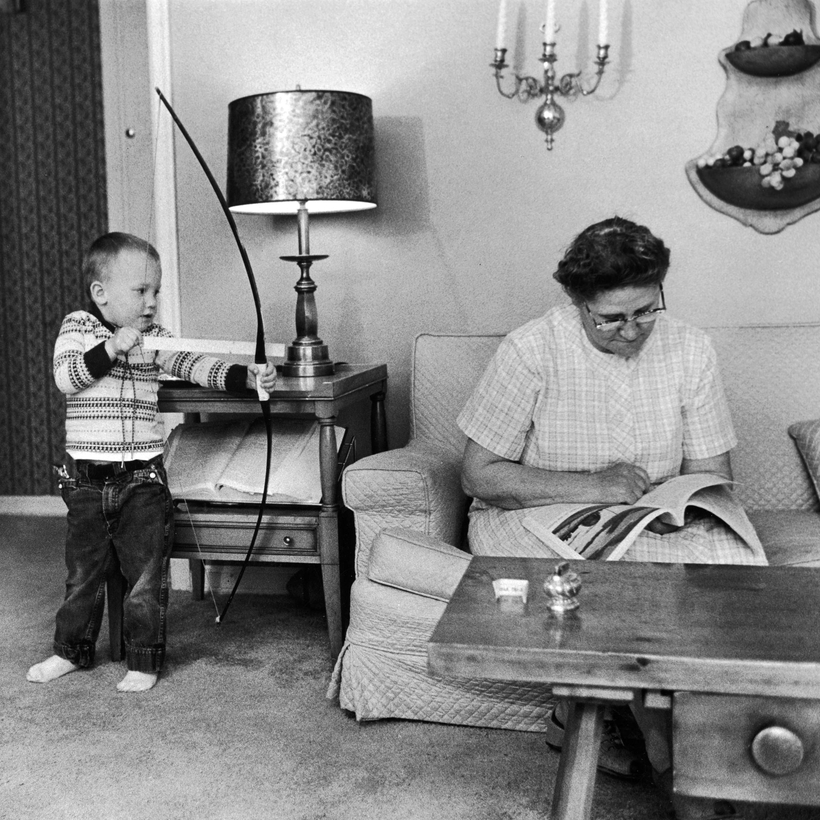As Catrina scrolled through Facebook—bleary-eyed after spending the evening wrestling a toddler having a tantrum into bed—she saw a post that stopped her in her tracks.
“If you recognize this blonde girl with pigtails I saw yesterday afternoon around 78th and 2nd, please DM [direct message] me,” it read. “I think you will want to know what your nanny did.”

